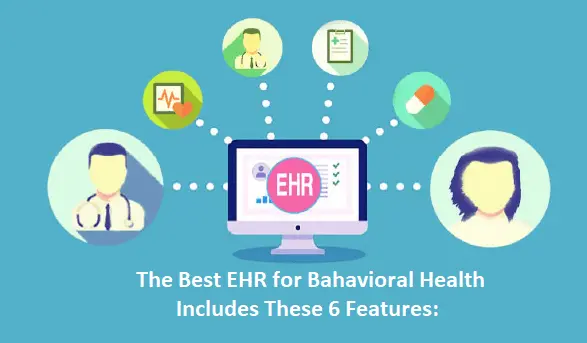
🧠 What is Telepsychiatry?
Telepsychiatry involves providing psychiatric services through video calls, phone consultations, or online messaging. This approach allows individuals to receive treatment from a licensed psychiatrist without leaving their home, making mental health care more accessible for people living in remote areas, those with mobility issues, or individuals with busy schedules.
| Method | Description |
|---|---|
| Video Consultations | The patient and psychiatrist meet virtually through video calls, mimicking an in-person visit. |
| Phone Consultations | Patients can speak with their psychiatrist over the phone, ideal for those without reliable internet access. |
| Text or Email Support | Some telepsychiatrists offer support via messaging platforms, providing an asynchronous form of communication. |
Telepsychiatry makes it possible to receive mental health care from anywhere, enhancing accessibility for a wide range of individuals.
🌐 Benefits of Telepsychiatry
Telepsychiatry offers several advantages over traditional in-person visits. Here are some key benefits:
| Benefit | Explanation |
|---|---|
| Accessibility | Patients in rural or underserved areas can access high-quality psychiatric services. |
| Convenience | Online consultations can be scheduled outside regular office hours, making it easier for those with busy lifestyles. |
| Reduced Stigma | Some patients feel more comfortable discussing sensitive mental health issues from the privacy of their home. |
| Cost-Effectiveness | Telepsychiatry often comes at a lower cost than in-person visits due to reduced overhead for providers. |
By offering a flexible and private alternative to in-person visits, telepsychiatry helps break down barriers to mental health care.
👩⚕️ How Telepsychiatry Works
Telepsychiatry sessions typically follow a process similar to in-person visits. Here's how it works:
| Step | Description |
|---|---|
| Step 1: Initial Consultation | The patient schedules a virtual consultation with a licensed psychiatrist. |
| Step 2: Assessment | During the session, the psychiatrist assesses the patient’s symptoms and mental health history. |
| Step 3: Treatment Plan | The psychiatrist recommends treatment, including therapy, medication, or referrals to other specialists. |
| Step 4: Follow-up Sessions | Regular follow-up appointments are scheduled to monitor progress and adjust treatment as needed. |
This streamlined process allows patients to receive comprehensive care remotely, ensuring continuity and consistency of treatment.
💡 Challenges and Considerations
While telepsychiatry offers many benefits, there are a few challenges and considerations to keep in mind:
| Challenge | Explanation |
|---|---|
| Privacy Concerns | Confidentiality and data security must be ensured, as patients share sensitive information. |
| Technological Barriers | Access to reliable internet and devices may be an issue for some patients. |
| Licensing Issues | Psychiatrists must be licensed in the patient’s state to provide services legally, which can limit access. |
| Limited Hands-On Evaluation | Psychiatrists may have less ability to observe body language or perform physical examinations. |
While these challenges exist, they can typically be mitigated through careful planning and adherence to privacy regulations.
🧑⚕️ Telepsychiatry vs. In-Person Psychiatric Care
Telepsychiatry and traditional in-person care both have their advantages. Here’s a comparison to help you understand the differences:
| Aspect | Telepsychiatry | In-Person Care |
|---|---|---|
| Accessibility | Available anywhere with internet access. | Requires patients to travel to the office. |
| Convenience | Flexible scheduling and reduced waiting times. | Set office hours and possible long wait times. |
| Privacy | Consultations can be held privately at home. | May involve waiting in public spaces or dealing with crowded waiting rooms. |
| Cost | Often lower due to fewer overhead costs. | Typically higher due to in-person office visits. |
Both options are effective, but telepsychiatry offers a more flexible and convenient alternative, particularly for those who struggle to visit a psychiatrist in person.
🎯 Conclusion
Telepsychiatry is changing the landscape of mental health care by providing more accessible, affordable, and private treatment options. It offers a flexible solution for individuals seeking psychiatric care without the constraints of geography or traditional office visits. As the field continues to grow, it’s likely that telepsychiatry will become an even more integral part of mental health treatment, offering a modern approach to care for those in need.



